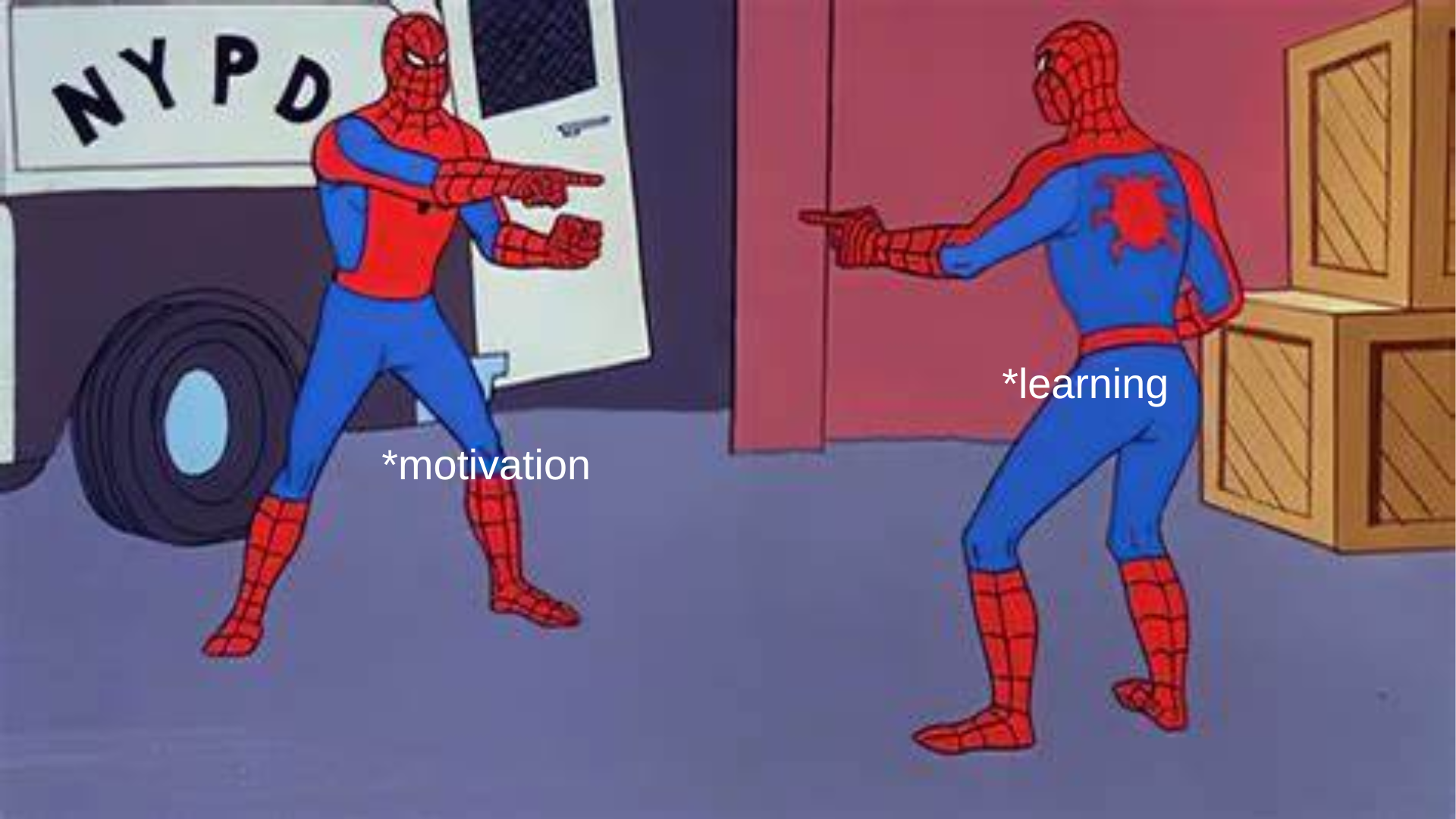Reciprocity of Learning and Motivation: A Bidirectional Relationship

Back in class, we discussed how motivation can and does influence learning. We spoke about how a motivated person is likely to invest more effort, persist longer in the face of challenges, and ultimately learn more effectively. We also discussed how we could design strategies (based on different learning theories) to effectively make consumers (of products, services, and ideas too) learn at different motivation levels. My intention with this newsletter is not to probe again into the same subject. Instead, I wish to touch upon something different, in fact, something that highlights the opposite relationship.
The relationship between the learning and motivation is in fact bi-directional and very complex. Just as motivation impacts learning, learning also impacts motivation. This is something that's discussed extensively in behavioral economics (you should speak to the finance people about this).

Let’s begin with the example of our own class. Students who are highly motivated often do learn better. This is perhaps why first benchers score more in quizzes and exams. However, what’s also true is this - once they learn and start scoring high marks, they are also motivated to keep learning. See how that could kick start a virtuous cycle of learning and motivation? But then, it’s important to ask - why?
Several scholars have looked into this phenomenon over the years. One notable example is Dubey and Geanakoplos (2010). Their study shows that ‘rank’ plays a key role here. In fact they go on to say that rank matters for future learning. Using some carefully conducted experiments, they find out that the rank a 11 year old primary school student receives, impacts the student’s achievement three years later. In other words, securing a high rank can influence one’s subsequent performance. There are two ways this effect could work out. It could either provide feedback to the student about his/her own abilities and motivate them or affect the performance of other students by affecting them adversely. That is, if one does not score high grades (despite being very motivated), then they are likely to lose their motivation and not try hard enough. To summarize, having a positive self concept also influences students’ education.
While this is interesting to understand and study, it raises a lot of interesting questions. For example, this brings in the question of fairness in testing and transparency in evaluation. For the purpose of a thought experiment, imagine if a faculty member does not provide an honest testing and grading environment? Or if an institute is ridden with copying and other unethical examination practices, would students remain motivated to study? Would good students come to such institutes? See how a virtuous (or a vicious cycle) can be kick started here? This is precisely why IITs and IIMs shine in a world where there are thousands of educational institutions.
Now, can we generalize and say this about other things that motivate us too? Let’s take for instance money, or status. Sure, many people are motivated to become rich and acquire a high standing in society. But it is also true that the status that one holds adds to one’s motivation to perform.
Now these ideas beg the question, are we really learning for the purpose of enriching ourselves? Or do we do it because we want to construct a favorable self image of ourselves? Perhaps both yield the same results and we can brush the process under the carpet entirely? But that’s a discussion for another day.
This is precisely why we should question everything. Even the material that’s there in books. Simply because the arrows point in one direction, it does not mean that it is the only effect there is. The key here is to be critical and ask questions. These questions and the answers they unlock can change the way you think about the world , and unlocking such new worlds is the only purpose of education.
